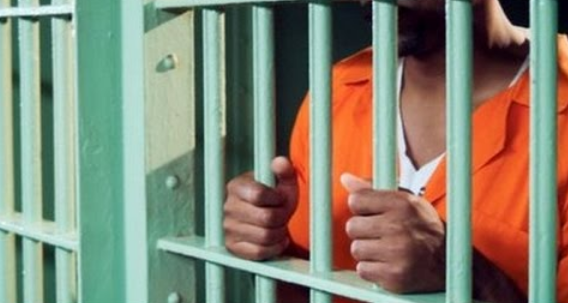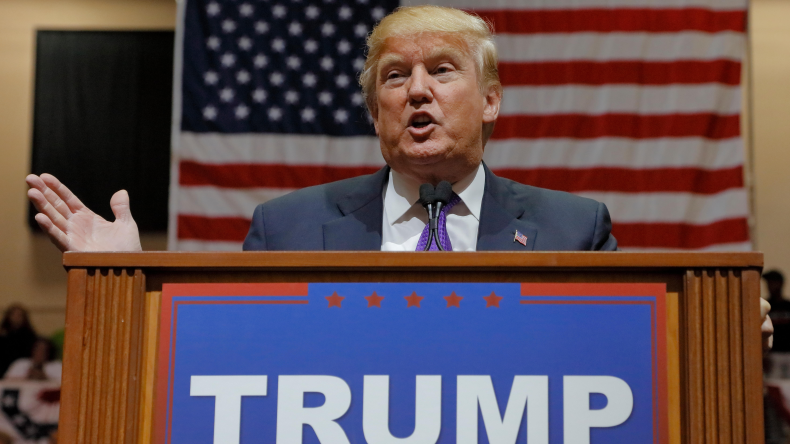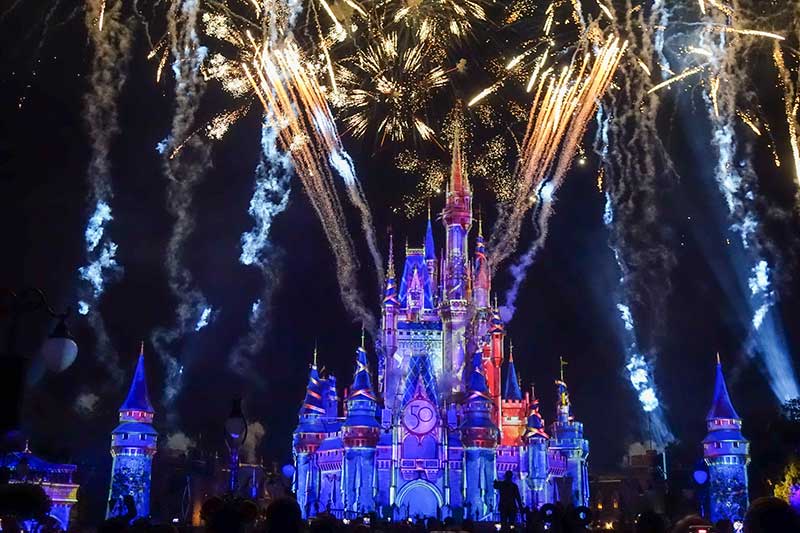Photos: Twitter\YouTube
It is judicious for Black Americans to ask: Do evolving Reparations demands overemphasize the need to achieve material and financial wealth equality? There is no doubt that material and financial wealth are important and driving forces in today’s—and likely tomorrow’s—world. However, African-centered approaches to Reparations would certainly extend due significance to Black America’s need to generate and preserve wealth in the form of human capital.
In building a Reparations case, scholars have chronicled the untold historical wrongs wrought against Black Americans: Murder; rape; forced labor without compensation; outright theft of physical and intellectual property; racial discrimination in employment, housing, financing, education, and health; blatant violation of legal and human rights; psychological warfare promulgated through adverse stereotypical and violent media images; and much, much more.[1] All these wrongs have been imposed by White America on Black America.
If all of this is true, then any sound reasoning person would conclude that this history places Black Americans at a distinct disadvantage in the society. Therefore, given these antecedent events, factors, and conditions, Black Americans are likely to engage in certain “unorthodox” behaviors as defined by the society just to survive.[2]

What is unforgivable of the society is its codification into law of these unorthodox behaviors as criminal. Moreover, society has used these laws to create a massive criminal injustice mill, which has produced trillions of dollars in economic output and related wealth mainly for Whites, while using Black Americans as grist for the mill.[3,4]
Arguably, with some exceptions, Black men and women, who are incarcerated in the US criminal injustice system, would not be in the system had the aforementioned wrongs not been visited upon them and their ancestors. In other words, and in a humanistic psychology sense, Black Americans are not guilty of crimes per se. Rather, we are guilty of responding with survival behaviors to the crimes that have been perpetrated against us and our ancestors.[5]
Accordingly, the thrust for Reparations should include a demand for a nearly complete release of Black Americans in the criminal injustice system. In addition to financial, land, material, and other forms of Reparations payments, the US Government should agree to establish a full program of assistance for Black Americans who are, and have been, imprisoned.[6] Such a program would recognize the US Government’s culpability in creating and/or permitting the antecedent events, factors, and conditions that shoehorned—coerced even—Black Americans into the criminal injustice system.
For Black Americans, Reparations should be envisioned not only as providing material and financial wealth, but also as returning a vast pool of human capital wealth that is now being exploited and destroyed in the criminal injustice system.
Imagine the nearly 582,100 Black men and women in prisons and jails at the end of 2020 (the most recent year for which data are available) being returned to our areas of influence with the mental, financial, and material means to contribute positively to our well-being.[7] Fathers, mothers, wives, sons, daughters, brothers, sisters, uncles, aunts, nephews, nieces, and cousins cannot be whole until this return occurs.
In our view, the return of Black Americans from prisons and jails will be as meaningful and beneficial, if not more so, as the material and financial returns that come through Reparations.

Dr. Brooks Robinson is the founder of the Black Economics website
References\Footnotes
[1] Three important sources that have delineated these wrongs include: Ta-Nehesi Coates’s “The Case for Reparations;” Darity and Mullens, From Here to Equality: Reparations for Black America in the Twenty-First Century; and the Interim Report of the California Task Force to Study and Develop Reparation Proposals for African Americans.
[2] For more on this argument, see Michelle Alexander’s The New Jim Crow; especially Chapter Six, “The Fire This Time.”
[3] Based on information from the US Department of Commerce’s Bureau of Economic Analysis, consumption expenditures and gross investment for the “Public order and safety” (specifically police, law courts, and prisons at all levels of government), amounted to just over $6.0 trillion during the 2000 to 2020 period. This statistic is derived from lines 8, 10, and 11 of National Income and Product Account Table 3.15.5, which is available at www.bea.gov.
[4]This point is driven home by correlation analysis. We find that there is a negative and high correlation between the expenditure statistics cited in footnote 3 (adjusted for inflation) and Bureau of Justice Statistics (Uniform Crime Reports) data on total crimes (-.82) and Federal Bureau of Investigation (FBI) statistics on total violent and property crimes(-.70) for 2000-2019. Also, there is a negative and weak correlation between the real expenditure statistics just mentioned and FBI statistics on total arrests (-.44). These inverse relationships between spending and crimes and arrests speak to the disconnect between spending and the pursuit of “justice.” Importantly, all four statistical time series were converted to natural logarithms before correlations were estimated.
[5] Logically, one can argue that Black American incarceration rates should mirror those for White Americans if Blacks and Whites faced identical conditions. In fact, Black Americans are incarcerated at five times the rate of White Americans in US state prisons (this excludes consideration of city, municipal, and county jails and Federal prisons). See Ashley Nellis’ 2021 report for the Sentencing Project, “The Color of Justice.”
[6] This program should resemble the existing program for US military veterans, which includes compensation, educational, housing, and health components. The program would address the war-like conditions that exist in America’s prisons and jails from which incarcerated Black Americans suffer.
[7] The 582,100 statistic is from the Bureau of Justice Statistics (BJS). It is derived by adding an estimate of Blacks in state and federal prisons to an estimate of Blacks in city, municipal, and county jails. The estimate of Blacks in state and federal prisons is 389,500 from “Prisoners in 2020: Statistical Tables,” Table 3. The estimate of Blacks in city, municipal, and county jails is 197,600 from “Jail Inmates in 2020: Statistical Tables,” Table 2. Notably, the 2020 estimate of incarcerated Black Americans in prisons and jails reflects a decline of 114,900 from 2019— partly due to the COVID-19 pandemic. The estimate of Black Americans in prisons and jails for 2019 was 697,000.










